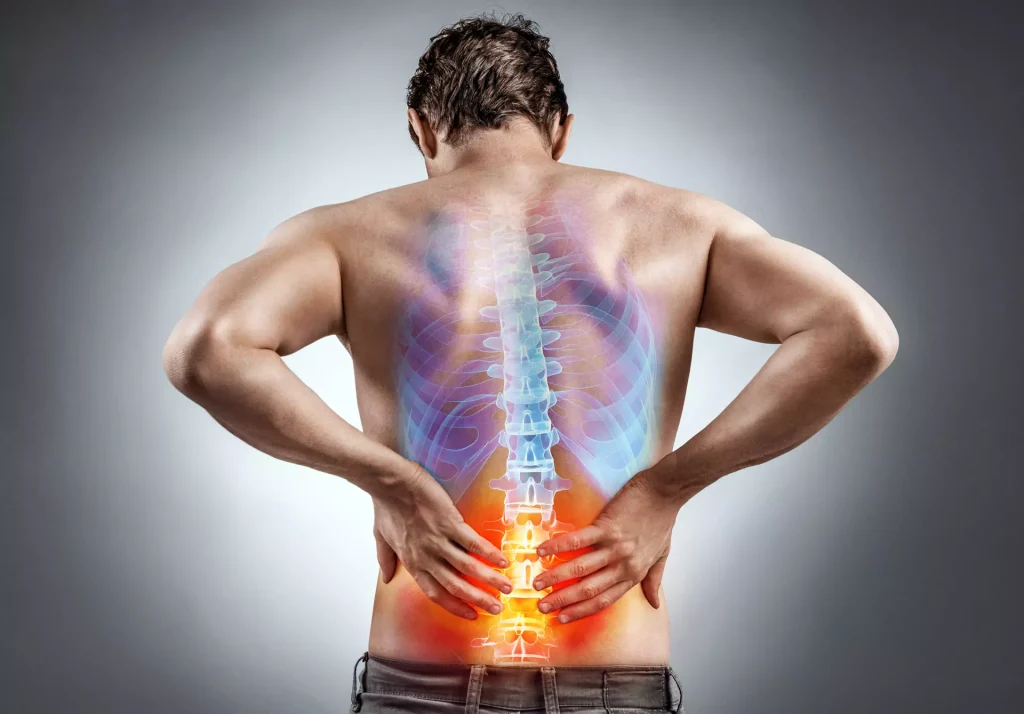
Lower back pain is a common issue that affects people of all ages. While some instances can be managed at home with rest, over-the-counter pain relievers, and gentle exercises, there are certain situations where it’s important to seek medical attention. Knowing when to see a doctor can help prevent further complications and ensure you receive the appropriate treatment.
Persistent Pain – If your lower back pain persists for more than a few weeks, it’s time to consult a doctor. Acute pain usually resolves within a few days to a couple of weeks, but pain that lingers longer may indicate an underlying issue that requires medical intervention. Chronic pain, defined as pain lasting longer than three months, also warrants a visit to a healthcare professional.
Severe Pain – Any severe or debilitating pain that significantly affects your daily activities should be evaluated by a doctor. If you find it difficult to stand, walk, or perform routine tasks due to intense pain, it’s crucial to seek medical advice. Severe pain can be a sign of a serious condition such as a herniated disc, spinal stenosis, or an infection.
Pain Following an Injury – If your lower back pain started after a fall, car accident, or other trauma, it’s important to see a doctor. Injuries can cause fractures, ligament sprains, or muscle strains that may not heal properly without medical attention. Even if the pain doesn’t seem severe initially, getting a professional evaluation can prevent long-term damage.
Bowel or Bladder Issues – Lower back pain accompanied by bowel or bladder dysfunction, such as difficulty urinating, loss of bladder or bowel control, is a medical emergency. These symptoms can signal a serious condition.
Fever and Back Pain – The presence of fever along with lower back pain can suggest an infection, such as a spinal or kidney infection. If you have a fever and persistent back pain, seek medical attention to rule out these conditions and receive appropriate treatment.
Age Considerations – Older adults are more susceptible to conditions such as osteoporosis, which can lead to compression fractures in the spine. If you are over the age of 50 and experience new or worsening lower back pain, it’s advisable to see a doctor to rule out fractures or other age-related conditions.
Schedule an Appointment in Pensacola, FL Today
While lower back pain is often manageable with self-care, certain symptoms and circumstances warrant a visit to the doctor. If you experience any of these symptoms, seeking medical advice can help ensure you receive the proper diagnosis and treatment, preventing further complications and promoting better long-term health. Don’t hesitate to reach out to Northwest Florida Physicians Group, LLC to speak with a healthcare professional. We serve patients in the Pace, FL area, and beyond, contact ustoday to schedule an appointment.
